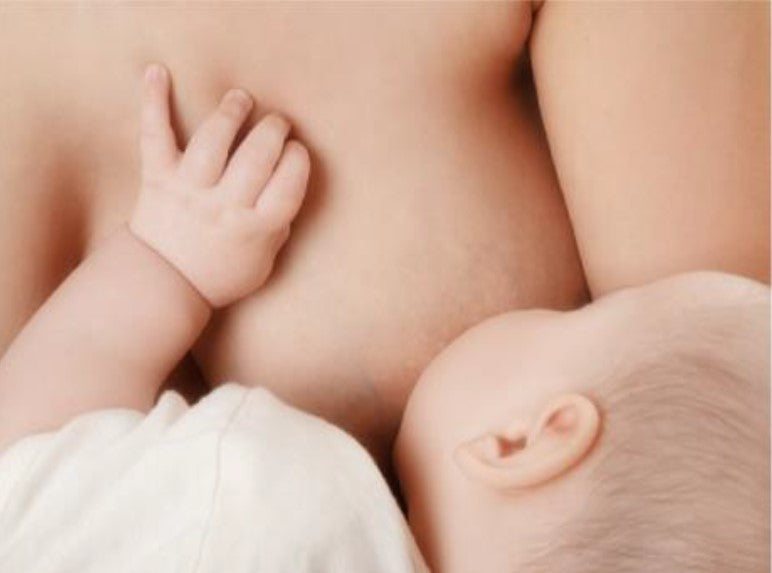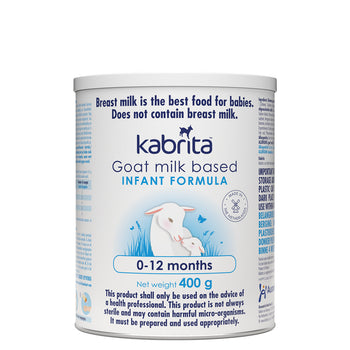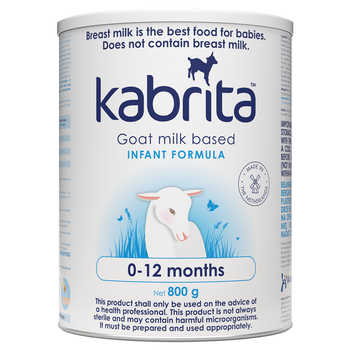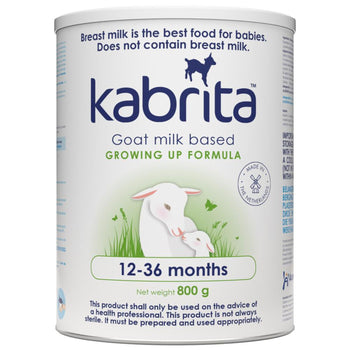Breastfeeding Crises

What are they?
The growth spurts, also called lactation crises, are changes in our babies’ behavior that occur while we breastfeed them. The baby can reject breastfeeding, get distracted while breastfeeding, wanting to breastfeed all the time, or play with your nipples (bites them, stretches them or let them go), or cry while being fed. Consequently, you may think that you’re doing something wrong, or that your baby is not being fed properly.
Several pediatricians from the Academia Nacional de Medicina (National Academy of Medicine) in Mexico explain that these spurts are due to an imbalance in the amount of milk that we produce and the milk our baby wants to drink. As the baby grows, their feeding needs grow, and our body must adapt to their new demand. This behavior is completely normal and there’s nothing to worry about; most of the mothers and their babies go through this.
There are different stages in which these crises can occur, and they are well marked by the notorious growth of our babies.
First crisis
Takes place within the 15 days of birth, the baby’s growth has been sustained and the baby is adapting to the world, so their need to feed more is normal. During this period your baby Will want to be attached to your chest all day to stimulate the production of more milk, and your baby will remain like this for 2 to 3 days.
Second crisis
It takes place in the 1st month and a half since their digestive system has matured and the baby needs more fat and proteins to keep growing. Milk modifies to nourish the baby correctly and its taste changes, the discomfort of your baby will end as soon as your baby gets used to the new taste.
Third crisis
It occurs at 3 months which is when the auditory, visual, and digestive senses have a greater development. When experimenting new situations, your baby may get distracted by anything.
Also, their suck in capacity increases, so they can empty the breast in a very short time. In other words, the baby eats more but in a shorter time.
These issues last from 2 days to 1 week, it’s only a matter of adaptation for your baby to the new stages of growth. It’s important that you don’t take these periods as a signal for quitting breastfeeding. It is just a period of changes!
Don´t let either this get you down nor think that you are doing something wrong, all lactation is different, and all babies adapt to the world in their own way.
Check all your doubts with your family pediatrician and ask for advice to cope with all. Your family pediatrician can provide you with stimulation exercises and give you accurate information about the changes in your baby.
Don’t question your capacity for breastfeeding! Patience, confidence, and good guidance are key.
REFERENCES
https://www.bebesymas.com/embarazo/18-alimentos-que-estan-prohibidos-durante-embarazo-pueden-perjudicar-a-tu-bebe
https://cuidateplus.marca.com/familia/bebe/diccionario/lactancia-materna.html
https://www.tuasaude.com/es/que-no-comer-durante-la-lactancia/
https://www.healthychildren.org/Spanish/ages-stages/baby/breastfeeding/Paginas/storing-and-preparing-expressed-breast-milk.aspx
KABRITA



